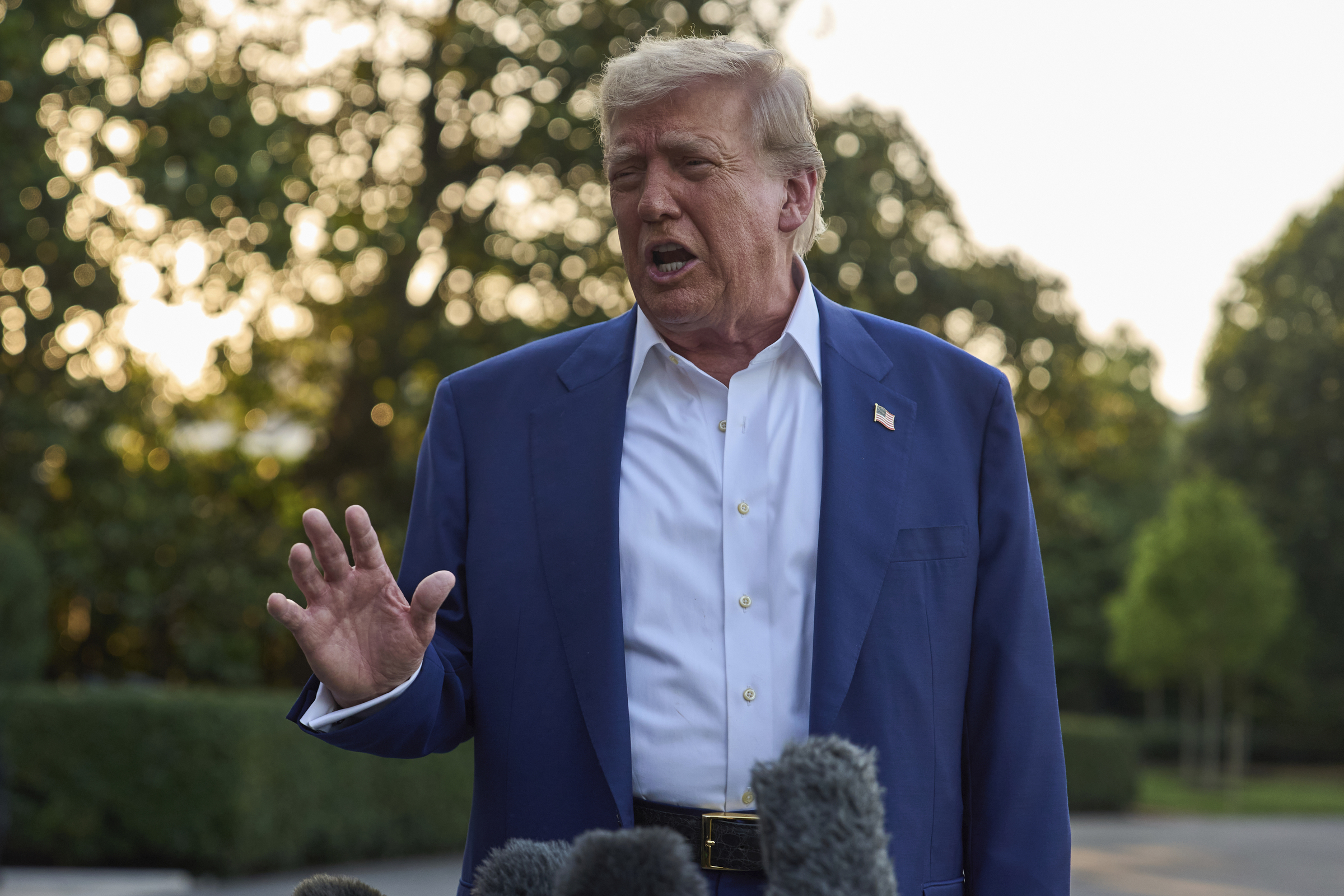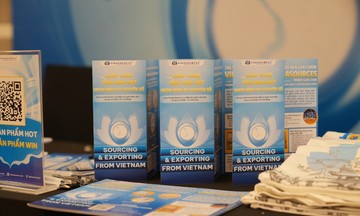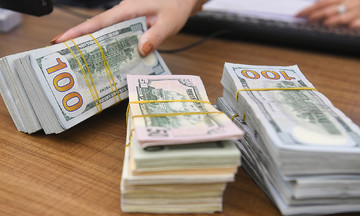On 26/6, at the White House, President Donald Trump announced, "We just signed with China yesterday". However, he did not disclose further details. He also hinted at a potential deal to "open up" the Indian market.
A White House official told Reuters that the US and China "have agreed on further details of a framework agreement to implement what was agreed in Geneva" back in May. The Financial Times, citing sources, reported that Washington and Beijing appear to have formalized these points into an official document.
Also on 26/6, US Commerce Secretary Howard Lutnick told Bloomberg that the two sides had finalized the agreement reached in Geneva. "That deal was signed and closed two days ago," he said.
 |
US President Donald Trump speaks to the press at the White House on 24/6. Photo: AP |
US President Donald Trump speaks to the press at the White House on 24/6. Photo: AP
The May Geneva negotiations resulted in an agreement for both the US and China to significantly reduce tariffs, paving the way for a comprehensive trade agreement. However, the deal later stalled due to disagreements regarding China's rare earth exports and US export controls.
Earlier this month, US and Chinese negotiators met again in London. After two days, they announced a framework agreement on trade to implement what had been agreed upon during a phone call between the two leaders on 5/6 and at the earlier Geneva meeting.
So far, the US has only reached an agreement with the UK. The Trump administration is accelerating negotiations with other trading partners before the 9/7 deadline. Without agreements, these economies could face tariffs of up to 50%. US officials are actively negotiating with countries such as India, Vietnam, South Korea, Japan, and the European Union (EU).
In addition to existing tariffs on imported cars, aluminum, and steel, the Trump administration is considering further tariffs on sectors such as semiconductors, consumer electronics, aircraft components, wood, copper, pharmaceuticals, and essential minerals.
Ha Thu (via FT, Bloomberg, Reuters)












